We all know that many garden bugs are friends rather than foes—think bees and butterflies, which help pollinate our flowers and veggies. But not every critter that shows up in your garden is beneficial. Some of our favorite plants and vegetables can actually become magnets for pesky insects like mosquitoes, slugs, aphids, and other troublemakers. While these plants might need a bit more TLC, don’t fret; with some expert tips, you can keep these pests in check and still enjoy a thriving garden.
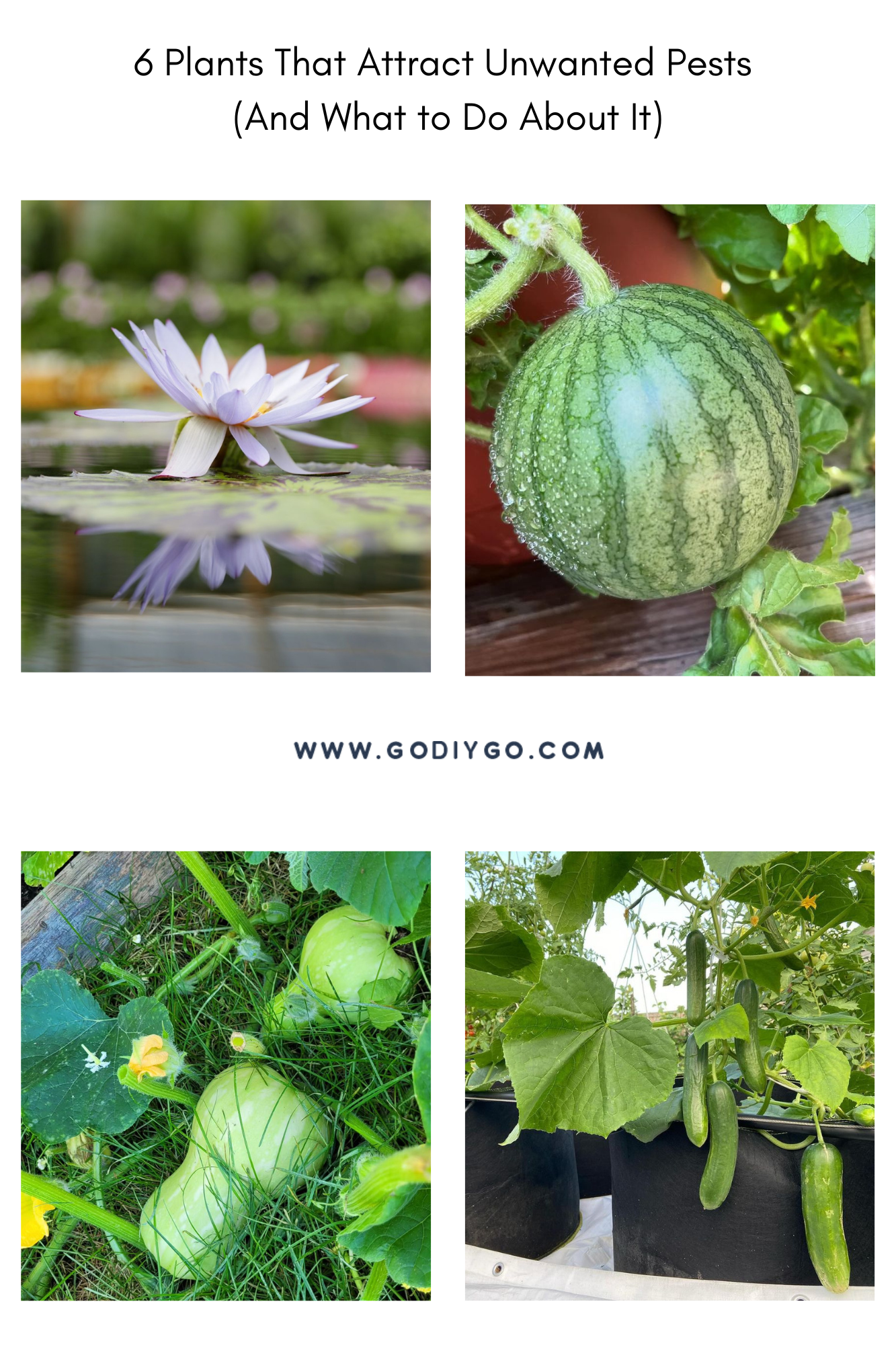
1. Eggplant
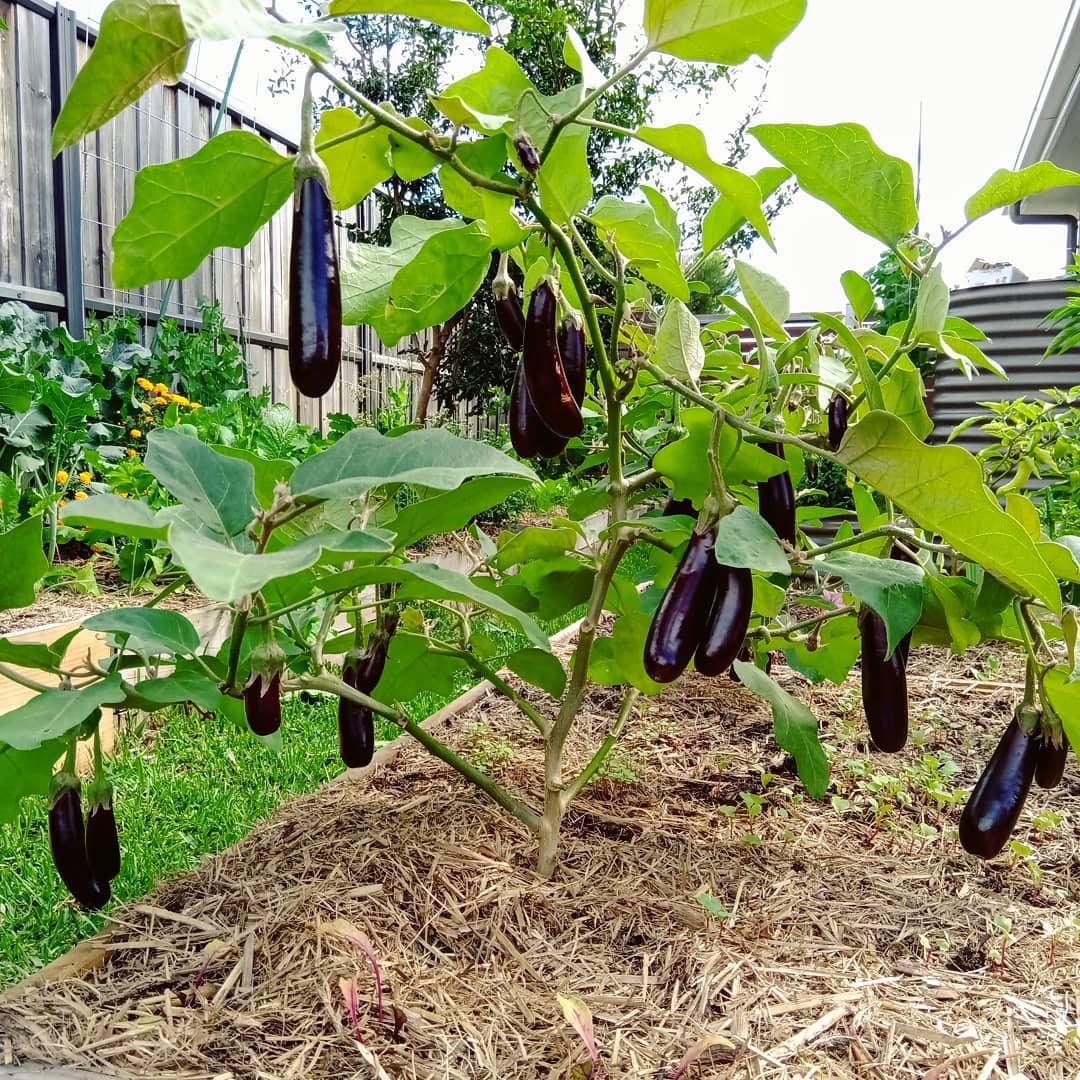
Eggplants are tasty and versatile, but flea beetles often attack their leaves, leaving them ragged and unhealthy. Lebanese eggplant from @ thehomegarden
Eggplants are tasty and versatile, but they have a notorious pest problem: flea beetles. These tiny, hopping beetles love to munch on eggplant leaves, making them look ragged and unhealthy. Flea beetles bury themselves in the soil during the fall and come out in the spring ready to feast.
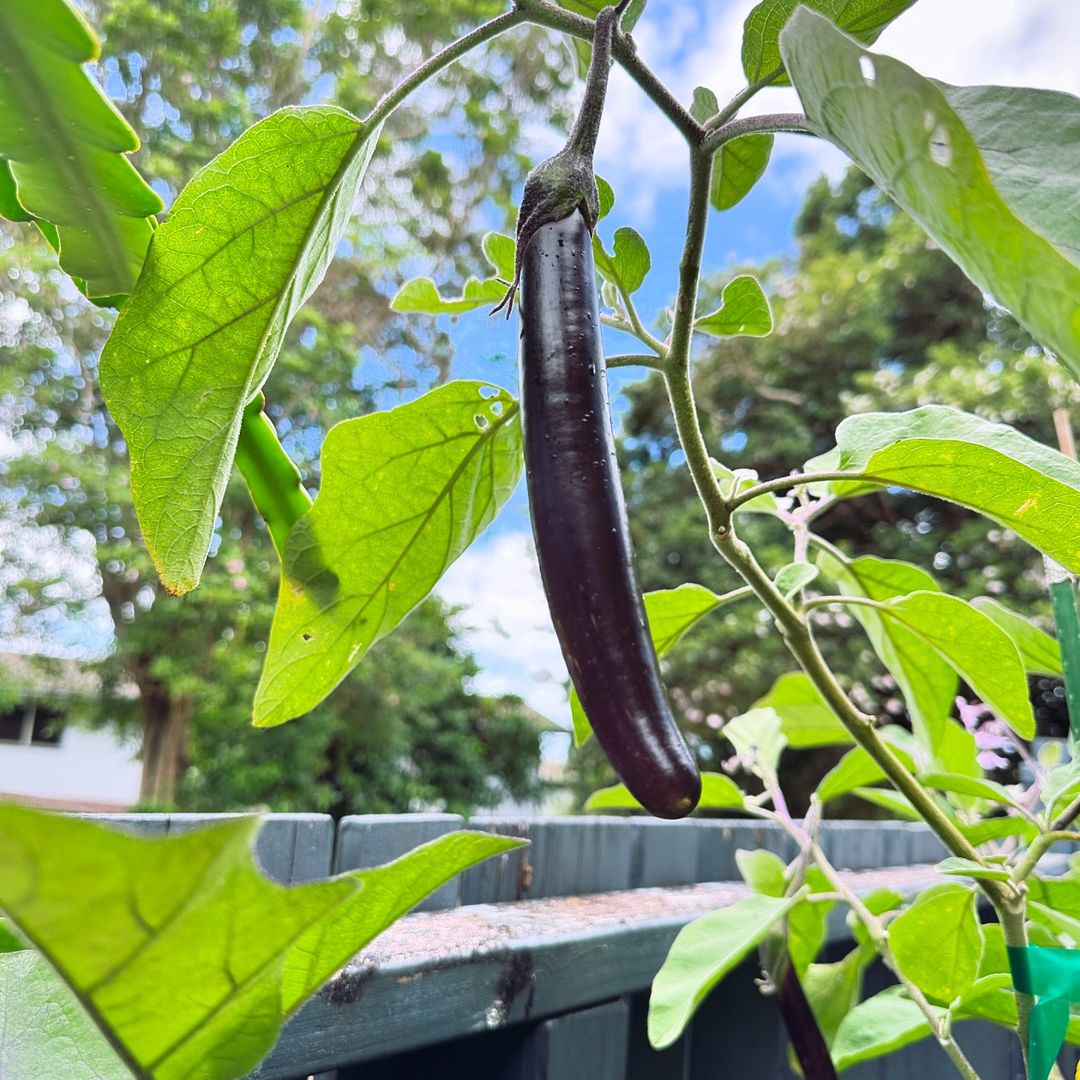
Plant radishes nearby to distract flea beetles—these fast-growing veggies work as a decoy. Filipino eggplants from @ whiskeybarrelgreens
Tips
Try starting your eggplants indoors and only move them outside when the weather warms up. You can also distract flea beetles by planting radishes nearby—these fast-growing veggies can act as a decoy. If you’re into organic gardening, this method can help keep the beetles away from your precious eggplants.
2. Cabbage
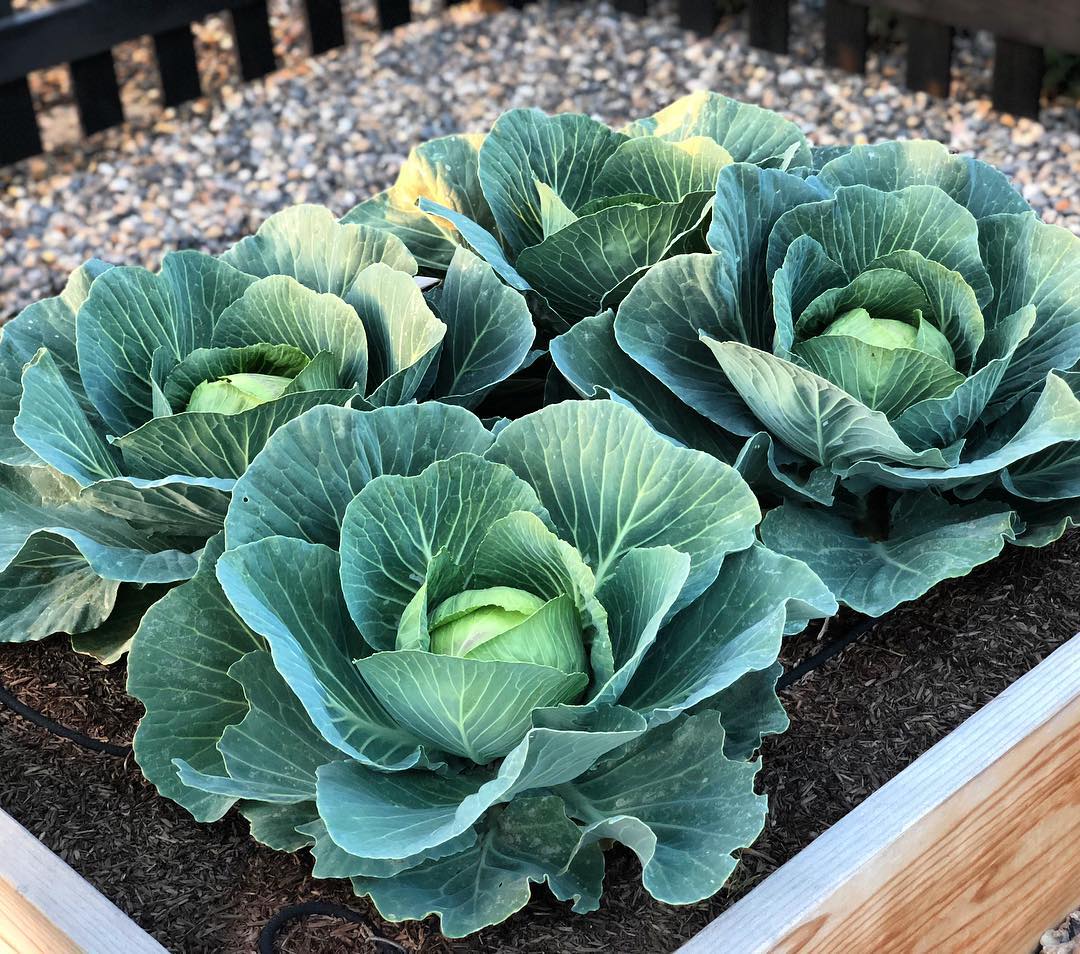
Plant fragrant companions like mint, onion, garlic, or shallots around your cabbage to help keep pests away. Vegetable garden from @ gardenanswer
Cabbage is a garden favorite, but it’s a magnet for pests like cabbage worms, slugs, and various bugs. These pests can quickly damage your cabbage if you’re not careful.
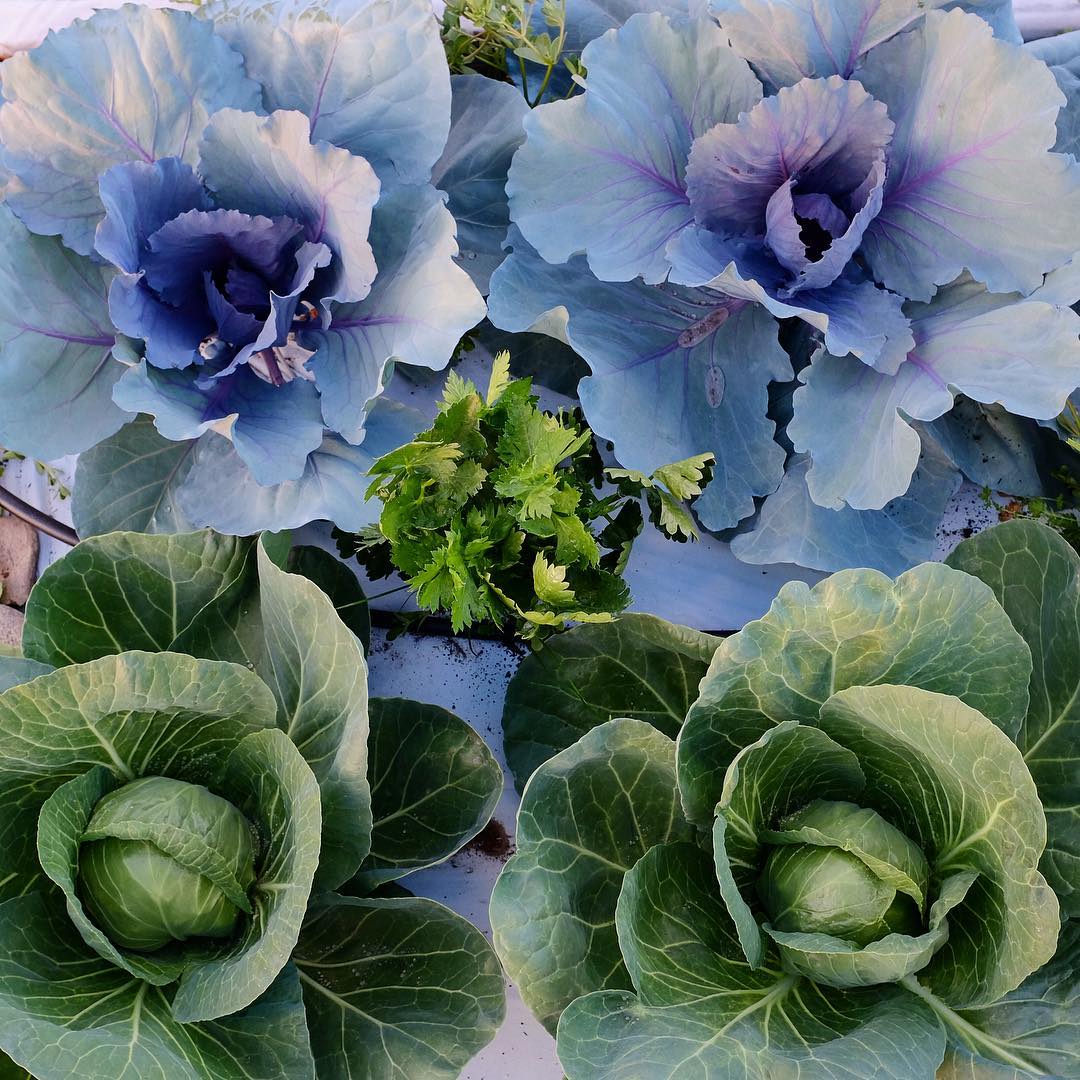
Cabbage attracts pests like cabbage worms, slugs, and other bugs, which can quickly damage the plant if not properly managed. Red jewel cabbage from @ pastures.and.pine
Tips
Planting fragrant companions like mint, onion, garlic, or shallots around your cabbage can help keep these pests at bay. The strong scents from these plants are natural repellents and can protect your cabbage from unwanted visitors.
3. Cucumber
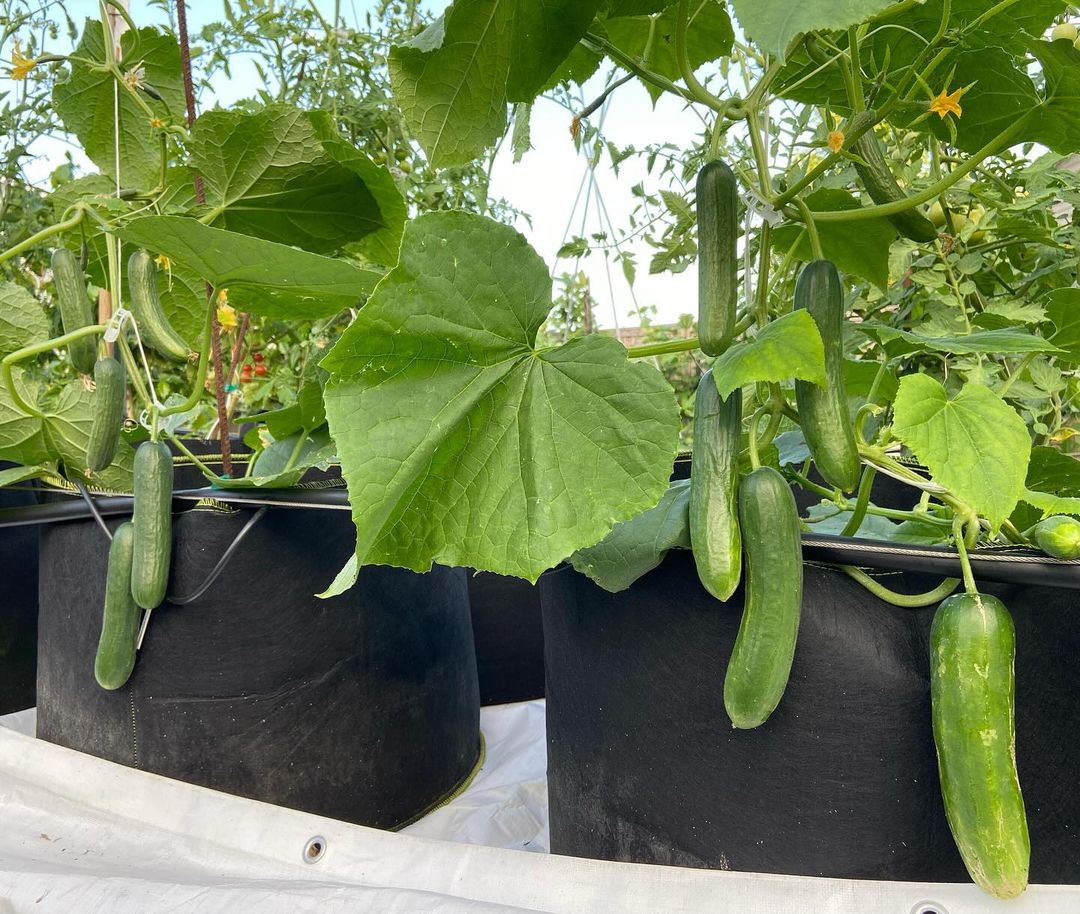
Cucumbers attract tiny green aphids that pierce the plants and suck out the sap, leading to stunted growth and even plant viruses, especially when the plants are stressed by poor conditions. Growing cucumber from @ millenialgardener
Cucumbers are another popular garden veggie that can attract tiny green aphids. These pests pierce the cucumber plants and suck out the sap, which can lead to stunted growth and even plant viruses, especially if your cucumbers are already stressed by poor conditions.
Tips
One simple solution is to spray the aphids off with water. You can also use companion plants like marigolds and mint, which attract beneficial insects like ladybugs and parasitic wasps that feed on aphids.
4. Watermelon

Growing garlic, mint, and marigolds around your watermelons is a great way to naturally keep pests at bay. Watermelon from @ foodie_dietetics
Watermelons can be tricky to grow, not just because of their specific needs but also because they attract pests like aphids, vine borers, and cucumber beetles. The cucumber beetle, in particular, can transmit a harmful virus known as bacterial wilt.
Tips
Planting garlic, mint, and marigolds near your watermelons can help keep these pests away. Marigolds are particularly effective because they repel both aphids and cucumber beetles, which is great for keeping your watermelons healthy.
5. Squash
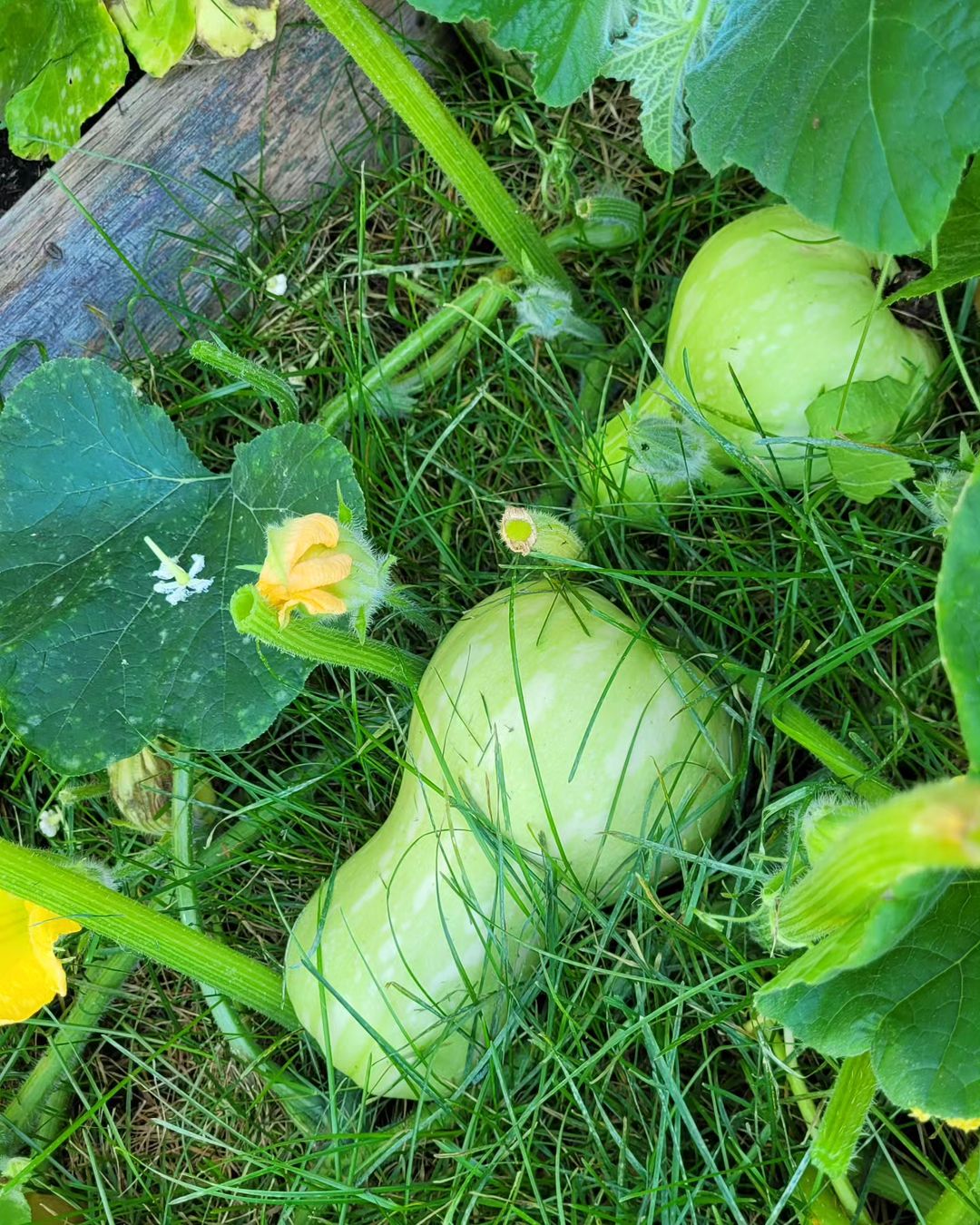
Wrapping the base of your squash vines in aluminum foil can also help prevent borers from laying their eggs. Baby squash from @ greensandonions
Squash, especially winter varieties, can struggle with pests like squash bugs and vine borers. These bugs can be quite destructive and require consistent monitoring to keep under control.
Tips
Spraying the leaves with a dish soap solution can help repel squash bugs, but avoid getting it on the flowers to protect pollinators. For vine borers, consider planting mint, parsley, and radish around your squash.
6. Water Lilies
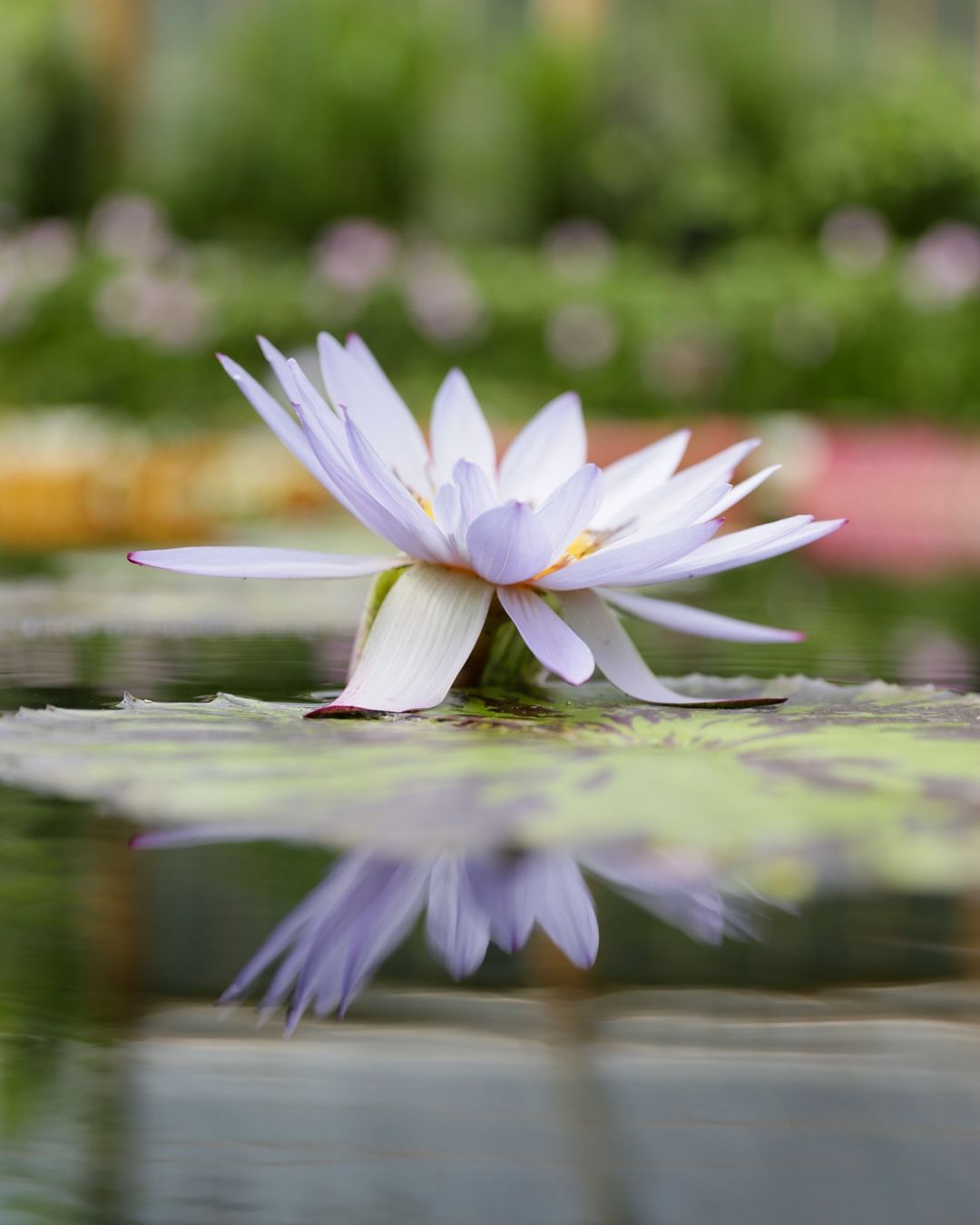
Keep your pond clean and ensure proper water circulation to avoid stagnation. Lotus flower from @ charithgilbert
If you have a pond with water lilies, watch out for mosquitoes. These aquatic plants can attract mosquitoes, especially if the water is stagnant, creating a perfect breeding ground for them.
Tips
Plant mosquito-repellent herbs like lemongrass, lemon balm, mint, lavender, and rosemary around your pond. Scattering used coffee grounds in garden beds, particularly near the pond, can also help deter mosquitoes.
By keeping an eye on these plants and using these tips, you can enjoy a pest-free garden and keep those unwelcome visitors away!
















